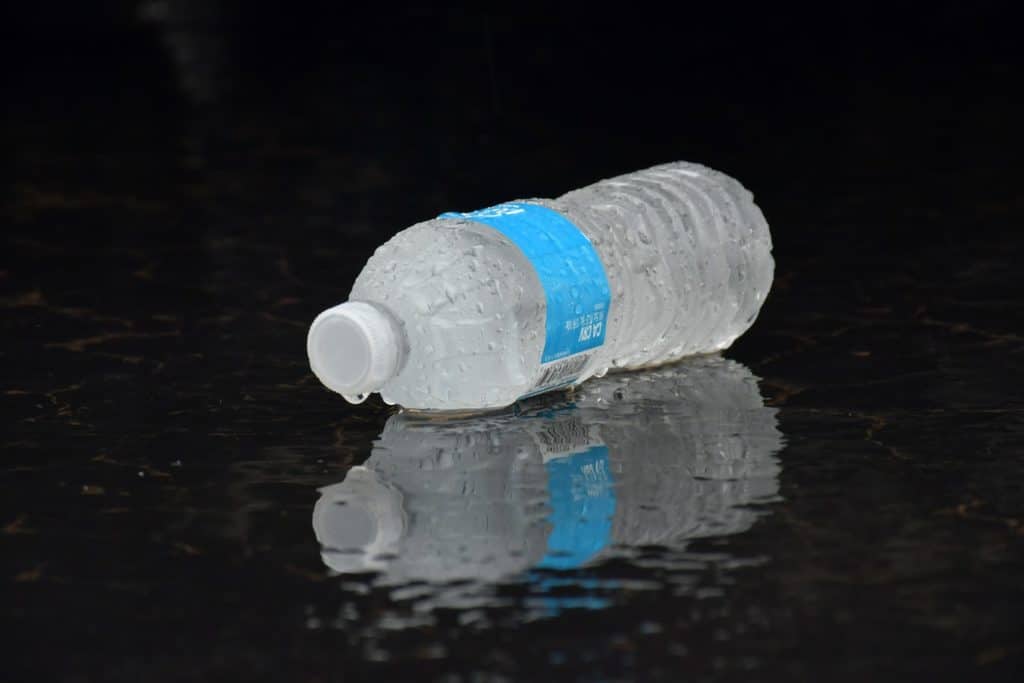
A good water bottle is an essential part of everyday life. If you’re like me then you probably use your bottle for more than just water.
Whether it is for storing milk, smoothies or fruit juice, water bottles can be very handy and convenient. For those of us who like hot beverages, you may be tempted to carry and heat them up in your water bottle. For instance, you might be wondering if you can pop a bottle of milk into the microwave oven.
The easy answer to this question would be to check the label or bottom of the bottle for the microwave friendly sign.
If you see those three or four curly lines then you’re good to go. If your bottle does not have an indication of whether it’s safe for the microwave, then carry on reading as we take a deeper dive into whether or not microwaving your water bottle is a good idea.
Is It Possible to Microwave Water Bottles?
Before we get into why microwaving water bottles might not be a good idea, let’s take a look at the most common types of water bottles.
Plastic water bottles are the most common type because of their relative durability and the fact that they are inexpensive. While some plastics can be safely heated up to a particular temperature, others may crumble and shrink when exposed to heat.
If you are looking for a water bottle that can stand up to being heated in the microwave, you should probably try to choose a plastic bottle that does not contain BPA. BPA is a chemical that is used in the making of many plastics.
While it is relatively safe in extremely small doses, larger doses can be dangerous for human consumption. BPA is released from plastic when the product is heated, and can leach into the contents of the bottle.
Metal Bottles
Stainless Steel is another material used in the making of water bottles. While these bottles are generally more expensive than plastic options, they have the advantages of being shatter resistant, extremely durable, and tolerant of high temperatures. Unfortunately, however, stainless steel bottles cannot be microwaved as they reflect the radio waves that would need to pass through the material to heat up the contents of the bottle.
Another type of metal that is used to make water bottles is aluminum. While similarly constructed as steel bottles are, aluminum water bottles are lighter and cheaper than steel bottles. While aluminum is a great option for water bottles, like steel, they are not to be microwaved.
Glass Bottles
Glass bottles are probably the least convenient when it comes to water storage and portability. Glass is brittle and this makes it a tad inconvenient for daily handling and traveling. They are however a great option for microwaving and heating in general. Once the bottle contains no metal or plastic parts that are flammable, they can easily be popped into the microwave with no hassle.
So what’s the verdict?
Glass water bottles are the best candidate for a quick run in the microwave, with plastic coming in a close second.
There are however, many things that must be considered before one microwaves a plastic water bottle. These include the quality of the plastic and whether or not it includes harmful chemicals such as BPA.
As a best practice, always check for microwave friendly signs and whether or not the bottle is BPA free.
Its important to note that while a plastic bottle without a microwave friendly sign might actually be safe for heating, there’s no safe way to test this out. So save yourself the trouble and heat the contents in a bowl or other container that you have faith in.